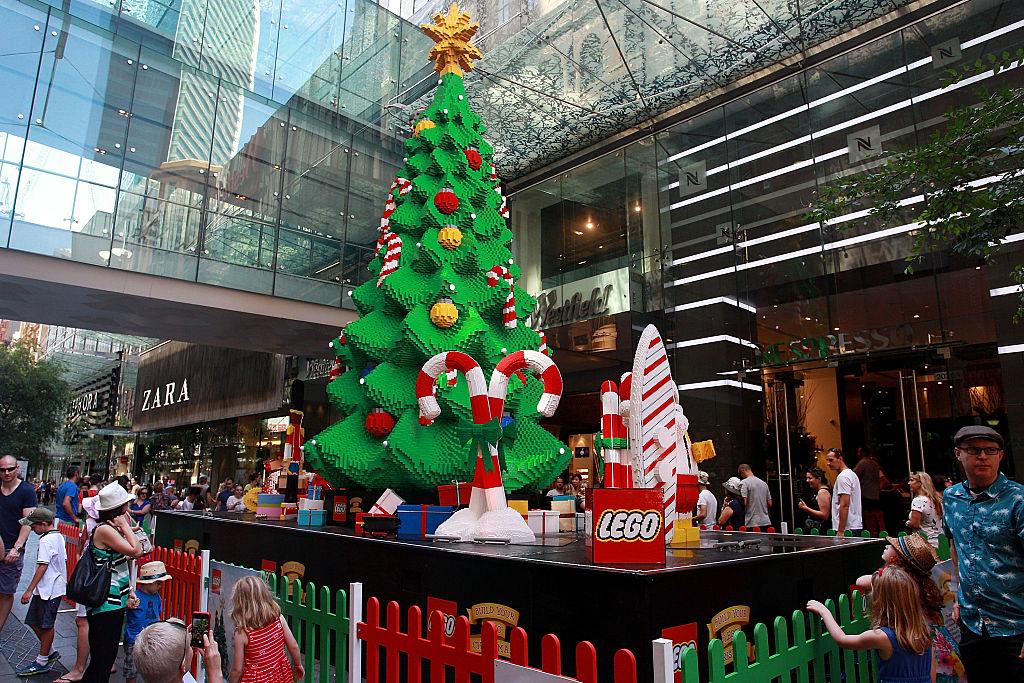Skyrocketing living costs are making Christmas less merry for millions of Australians in New South Wales (NSW), as four in 10 individuals report a reduced food spend during the holiday season.
A new poll commissioned by Union NSW, covering 1,024 people in the state, revealed that 42 percent of the respondents would spend less on food for this Christmas lunch due to high prices, while another 56 percent said they would cut back on gifts.





